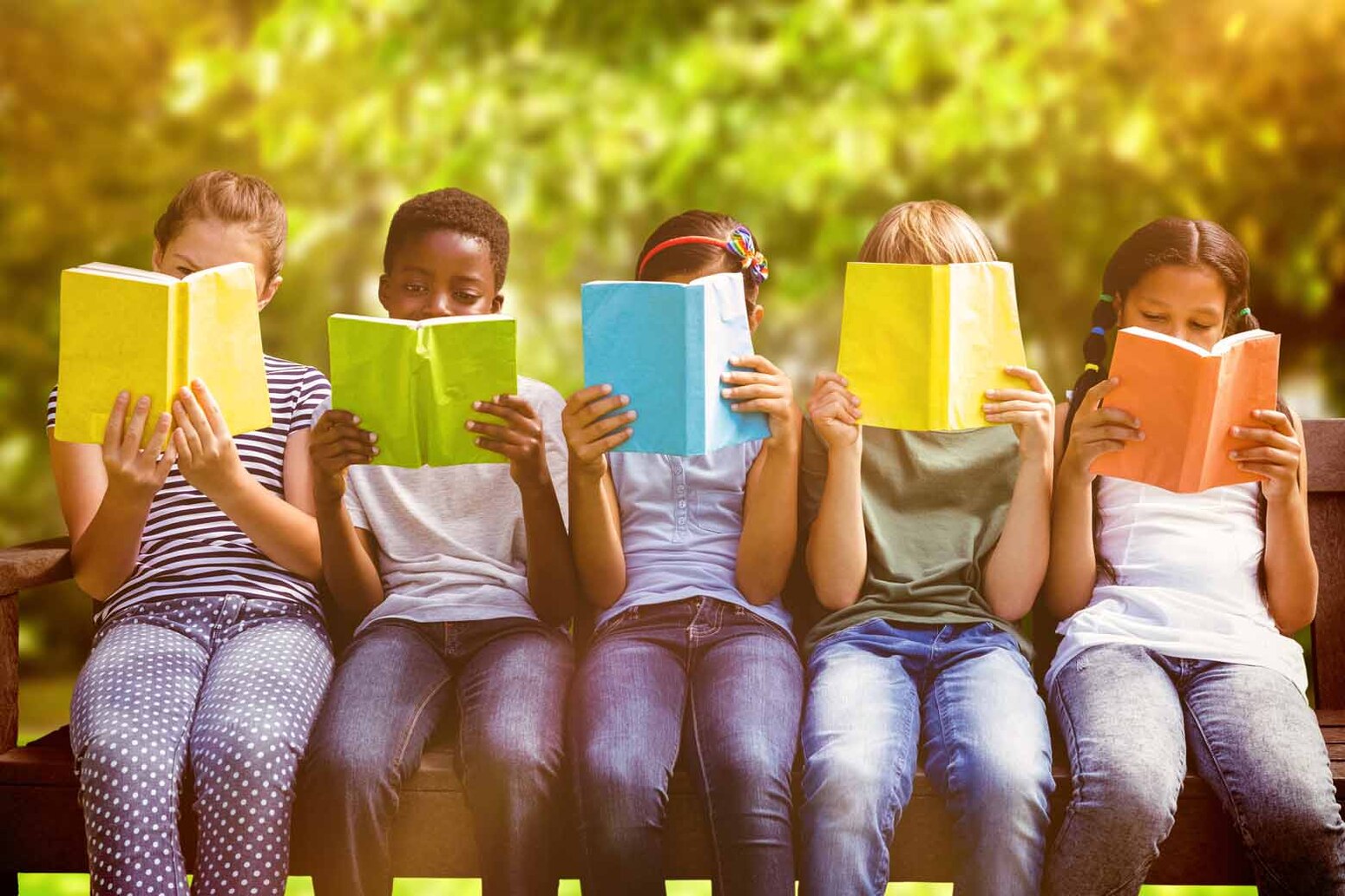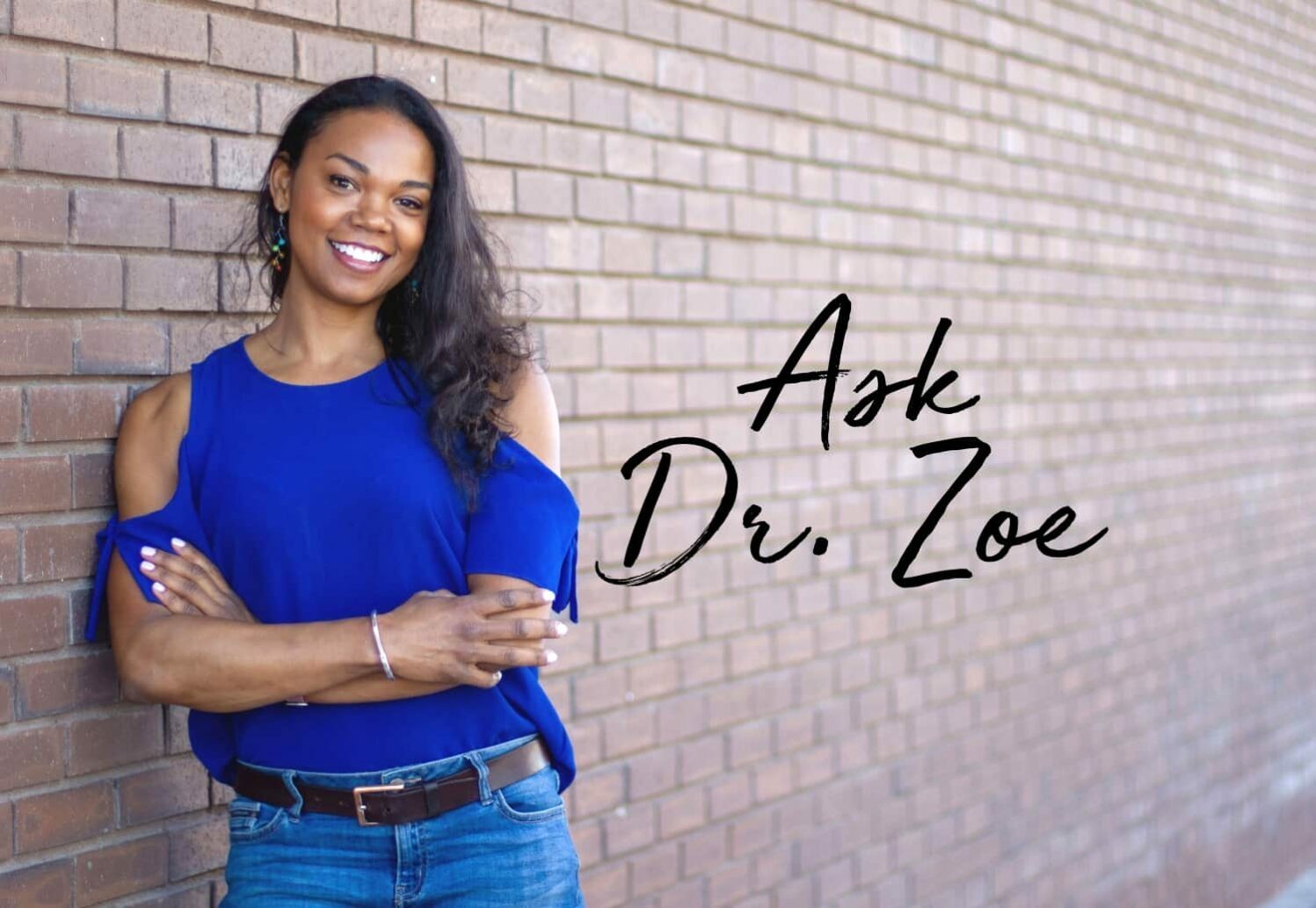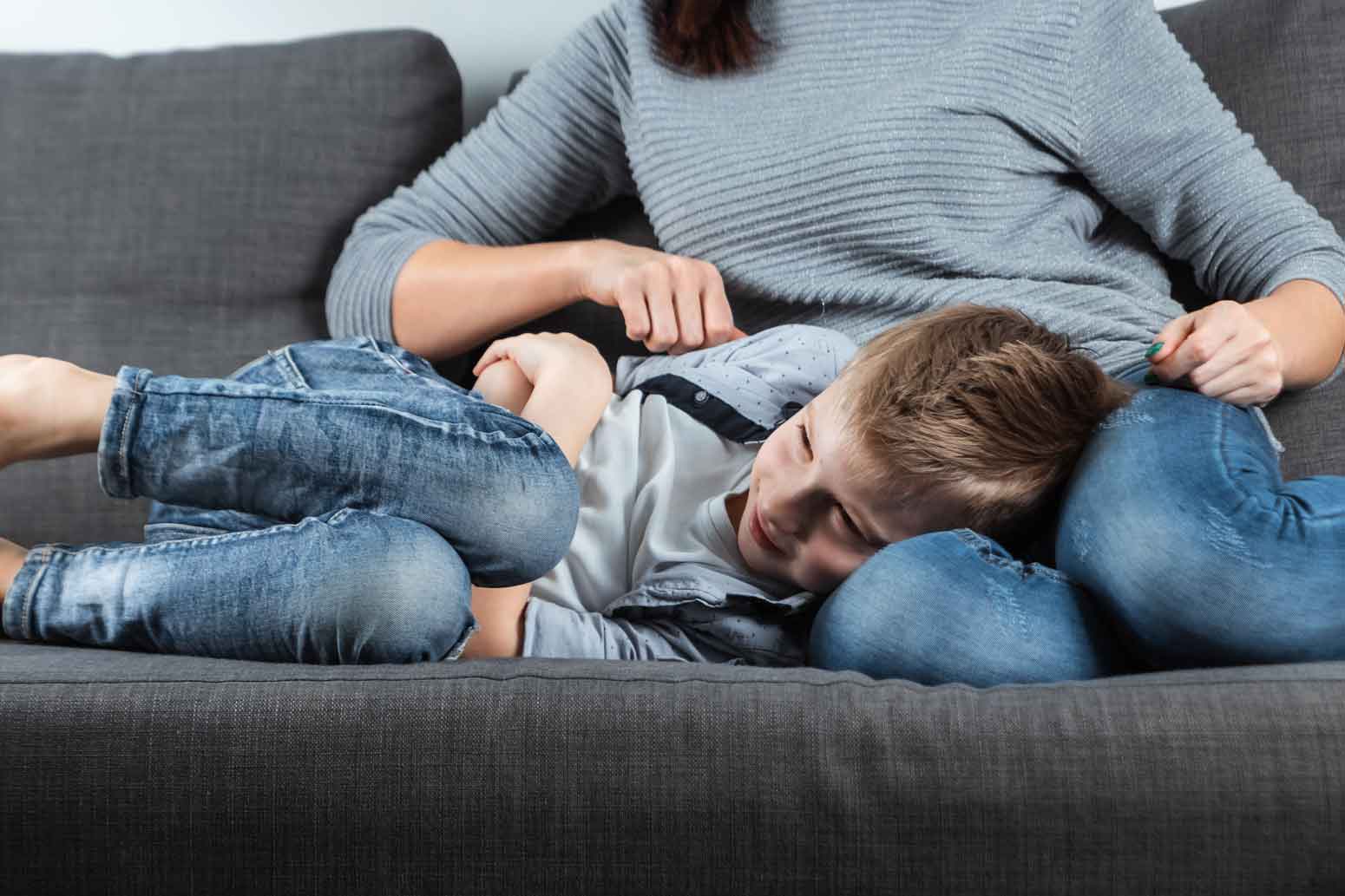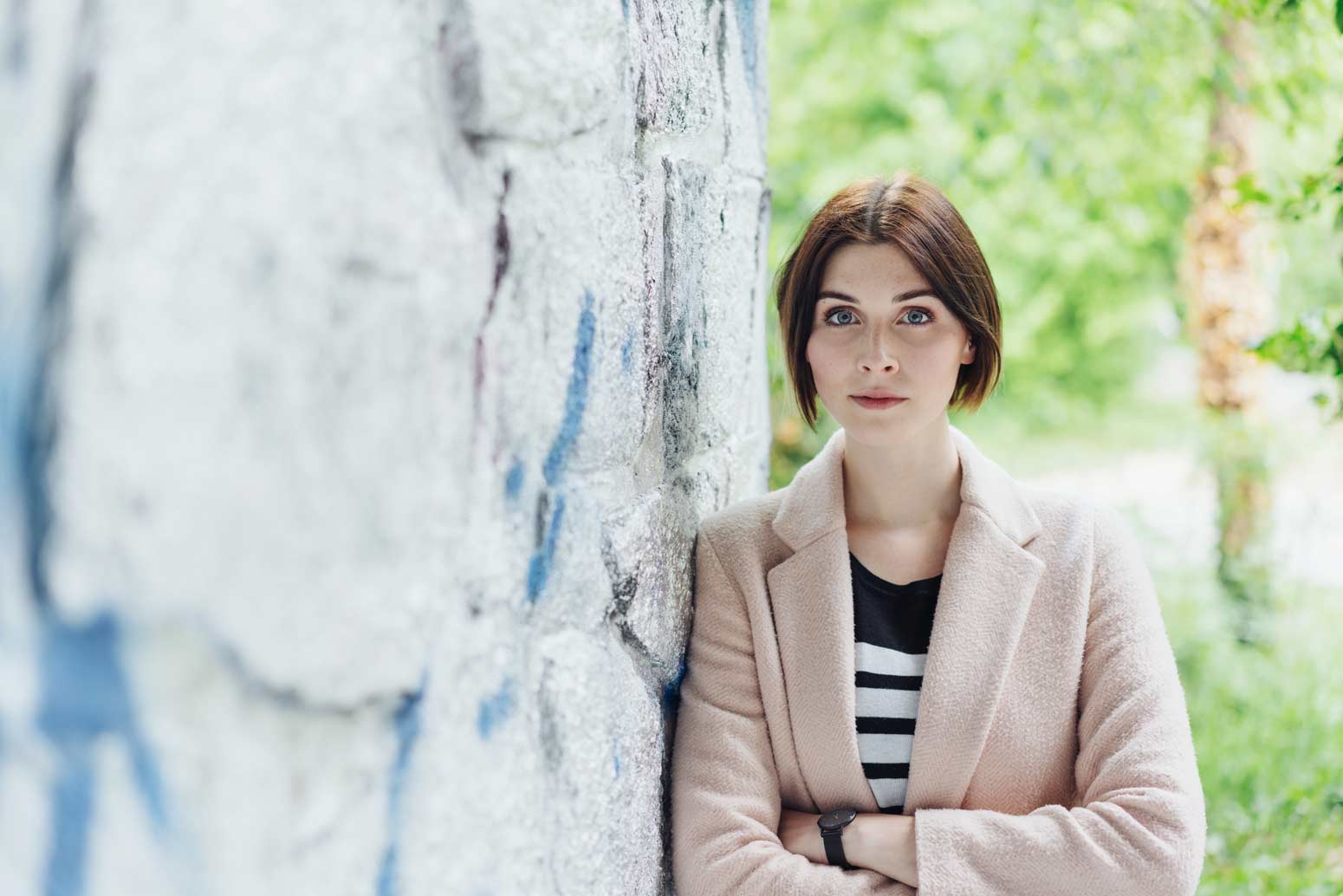I’m a mom of three boys, and while I know from experience that prepubescent girls have their own struggles, I am beginning to learn about the struggles of prepubescent boys. My ten-year-old middle son had one of those days today. It was one of those days where it feels like everything is going wrong. He got his first zit, didn’t sleep well last night, and everything just feels “icky” as he stated it.
It makes me feel terrible to see him this way. My initial emotional reaction is always the same, “Quick, make him feel better!” Just as quickly as that thought appears, it fades and my reasoning takes over. In my head, I know that I am robbing him of integral emotional growth if I try to fix his feelings away.
As a Mom, I’m Always Observing My Kids’ Behaviors
After filling my lungs with air and releasing it, I gather him in my arms and say, “I’m sorry you are having a bad day.” It’s funny how someone just being present and showing empathy so often triggers our tears. I hold him and let him cry.
He expresses that he just doesn’t know how he will find the energy to go to his soccer practice this morning. Everything is going wrong, and he is tired. I tell him he doesn’t have to go but that sometimes the act of getting there is the hardest part, and then we feel better. I follow this up with letting him know that he doesn’t need to decide what to do at that moment. We have time.
He doesn’t answer, but he also doesn’t fight me. Instead he wriggles out of my arms and snuggles with the dog.
I am robbing my son of integral emotional growth if I try to fix his feelings away.
Child Loss Can Turn You Into a Helicopter Mom
This interaction made me think. Earlier this morning, a post popped up on my Instagram feed validating that sometimes after child loss, parents become helicopter parents. Hypervigilance is not unusual after losing a child.
My firstborn son, Christian, has been in Heaven for six and a half years now. There have only been a few times since his loss when hypervigilance bubbled up. I attribute the infrequency to the lessons Christian taught me when he was alive. As soon as he was old enough to move, I was quickly indoctrinated to the idea that boys seem to be drawn to menace and seek opportunities to take risks.

How Much Freedom Do You Give Boys?
The parents surrounding me seemed more vigilant, just from witnessing my life being shattered. All the questions ran through my head. Was this why I lost Christian? I’m not a vigilant enough mom? Should I let my living boys do less now? Am I at risk of losing them because they seem to seek out—and love—precarious situations? I judged myself and my grief harshly. It has taken much self-work to trust in my decisions about how I parent my boys.
After the interaction with my middle son this morning, I realized that in some ways I have become hypervigilant. My hypervigilance is focused on my living boys’ emotions. Since Christian’s death, I have examined every change in their mood, every emotion that passes over their face, every word, question, change in behavior—all of it.
It is common for me to question if my boys’ changes in moods are due to the trauma they have experienced or normal life. It’s hard to be faced with that question in the back of my mind. It’s a practice to stay in the moment and not “borrow trouble,” as my therapist says. My ability to do this has improved over the years. Yet still, if I begin to extrapolate and think about what ramifications the loss of their brother will have on them in the future, my anxiety ignites.
If we are too overprotective, we stifle who our children are.
It’s Important to Show My Kids How to Handle Emotions in a Healthy Way
Mental health and emotions are vital to overall health. Thankfully, we are seeing an uptick in attention to mental health at all ages. Being that I am raising boys, my concern is even greater. More often than not, boys learn to tough it out through their emotions. I know that if my boys are to be able to grow and be healthy, given what life has already thrown at them, they need to be able to freely express emotions.
This is where personalized mental health services play a crucial role, providing tailored approaches that resonate with individual experiences. Bespoke Treatment exemplifies this commitment by offering customized therapeutic interventions that empower young boys to articulate their feelings and navigate their emotional landscapes safely. Through engaging and supportive environments, it helps children develop emotional intelligence, fostering resilience and ensuring they have the tools to manage life’s challenges.
By prioritizing personalized care, we can create a foundation for our children that nurtures their mental health, enabling them to thrive emotionally and psychologically as they grow.
It also means that they have to witness me struggling with my emotions. Being strong doesn’t mean holding in your emotions. In fact, it is the opposite. We are at our strongest when we are vulnerable. I needed, and still need, my boys to see me live through the ups and downs of life. They need to see that my world was shattered apart, but I am still breathing. They need to see me be the living form of resilience.
This is not so that they admire me or think highly of me, but rather so that they have an example. It’s so they know that they have permission to fall apart and come back together again. It’s so they know that they can weather any storm.
Being strong doesn’t mean holding in your emotions. We are at our strongest when we are vulnerable.
My Family Is My Biggest Motivator For Change And Self-Growth
Setting an example for my boys and maintaining a healthy family life is my biggest motivator for healing and self-work. It’s not always pleasant to work through the grief or to learn about my own less-than-desirable traits, but my family is worth it. My own self-exploration means that I can also speak more honestly and open with them. It helps me to keep my anxieties in check, allowing me not to project on them.
This is what helped me to keep my anxiety in check this morning as my ten-year-old moped around with a woeful look on his face. At one point while I was doing laundry in the next room, I could hear him flop onto his bed. A half weeping sound made its way to my ears. That went on for a few minutes before the dog went in and dragged him out of his room.
It was then, right there in the middle of the hallway, that I resorted to my own favorite distraction: humor. Again, I gathered him in my arms and serenaded him with a silly made-up song about how he is a part of our family and we all love him. A smile began to creep across his face and his chubby little cheeks bunched up to his stormy blue eyes.

He plodded down the stairs, a little more upbeat than before, and joined his brother’s game. It didn’t fix all his problems or magically make everything better, but it did help to know that he had someone to turn to, to work through his feelings with. Later, after we dropped his younger brother off at soccer practice, he and I walked around town and chatted about his favorite topic- cars.
Before bed, he told me that the walk we took turned his day around. He never ended up going to his own soccer practice, and I told him that it was okay. Sometimes we need a mental health day.
My Goal Is to Be the Healthiest Mom I Can Be
Navigating parenting is so extremely difficult. Parenting children who have experienced a major loss in their lives is a whole different ball game. In addition, this young soul witnessed a very disturbing scene when his brother died. His eyes have seen things that we would never allow a ten-year-old to watch on television. He witnessed and lived it. My hope, though, is that he will continue to process it openly, knowing that I will always be here for him.
While some of the changes in his moods are most certainly attributed to the trauma, I think most are just normal, age-appropriate moods. As he enters puberty, I will be doing my best not to worry about every little emotional change. It will be challenging, but as I keep doing my own work, I know I will keep getting healthier and healthier myself.
No matter what challenges parents are faced with, we can only do the best that we can. Supporting and not fixing things for our children can be difficult when we see them hurt, but allowing them to feel the difficult feelings, helping them to navigate through them, and just showing up for them, can certainly help.
—
Real-life struggles such as losing a child can cause a blow to our faith. Listen to learn how you can begin to move forward after your world has been turned upside down: How to Handle Real-Life Struggles That Challenge Your Faith – 112
If you’ve also had the unimaginable loss of a child, working through your emotions in a healthy way is very challenging. Licensed Psychotherapist, Dr. Zoe, has helpful advice for this. Watch now…












